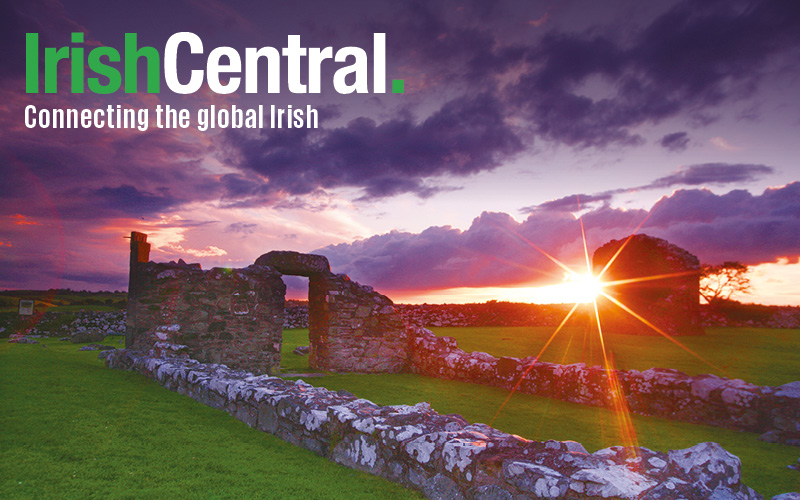Some of my earliest memories involve the checkpoints and Northern Irish border crossings. As our car approached the invisible lines cutting across the island we would start to discern the tense faces of young British soldiers.
Then we would be forced to endure their scrutiny. We didn't want to be there, and clearly neither did they.
Even as a boy I could feel the absurdity of it, the utter want of sense. One minute I was in rainy Ireland and the next I was in rainy Northern Ireland and not a thing had changed really, not even the downpour.
It was anticlimactic to have endure all that transitional theater and still look out at the same dripping hedgerows, with the same old cars and buses passing through it.
MPs on the Northern Ireland Affairs Committee are currently hearing evidence from experts on the impact of Brexit on the border pic.twitter.com/i605XPbSXw
— Siobhán Fenton (@SiobhanFenton) October 11, 2017
Cutting one part of the small island off from another part of the same small island and pretending it was some new, distinctive integrity seemed idiotic to me.
Where did these soldiers think we were from? Where did they think we were going? They knew with every step they took they were in Ireland, and that it wasn't England, and that was all they usually knew.
No one ever asked the big what-are-we-actually-doing-here questions because we couldn't really see the point. Or we suspected we would not be given any convincing answers.
Things were the way they were, we were told, so just accept it and roll down your window for another interrogation. License please.
Being asked to explain your movements in your own country is actually a form of land-lordship. It suggests that you must give an account of yourself to an authority that is greater than your own. Each time you are put to entreaty you cede a little of your selfhood.
People, especially people from the Republic and the Nationalists from the North, understood that this was all an exercise in existential flag planting and they were deeply irked by it. Some were more than irked.
That's why it's so alarming to see unionism's leadership in the Democratic Unionist Party (DUP) marching confidently in lockstep toward a precipice of their own making now. I don't know why their Brexit stance or its ruinous consequences are not receiving more discussion, considering how wide reaching the fallout could be. The majority of their own voters rejected it, and yet they talk and act as if they were given an insuperable mandate rather than a raspberry. It's madness.
I was born in Derry. It took most of my lifetime for the North to achieve the political dispensation to put an end to decades of violence. I have an interest and a stake in its future direction.
But right now I see political leaders who cannot or will not see where their steps are taking them (and the rest of us). Worse, I see their indifference to the will of the majority of their own people.
'Brexit will create hard border in Ireland' - stark warning to MPs from academicshttps://t.co/idzEYuhfZi pic.twitter.com/Ivx1FTFss8
— Belfast Telegraph (@BelTel) October 11, 2017
That's why I bring up the borders this week. If Brexit occurs then those unionist leaders and the U.K. government will have no choice but to create a new land border against the European Union, exactly where their old army checkpoints used to stand. A Brexit without borders is simply impossible.
But no real progress is being made at the Brexit talks in Brussels because the DUP, whilst keeping British Prime Minister Theresa May in power, has pledged to resist any effort to create new controls within the U.K. after Britain exits the European Union.
The DUP's argument is that Northern Ireland is and must be joined as one country to the U.K. Geographically and demographically that contention has always constituted a stretch, which is why we are at this impasse. Nationalists are asking to remain inside the customs union and the single market, but unionists are insisting the only Brexit solution must be part of the U.K.'s solution.
Meanwhile the devolved government in the North has collapsed, making what's at stake even clearer. The DUP want to lock Northern Ireland into a harder, more sovereign U.K., no matter what the nationalists prefer.
And Sinn Fein sees a renewed opportunity to argue for reunification, no matter what the feelings of most unionists are. So Brexit has only hardened these opposing viewpoints and agendas.
The stage has been set. We don't want to be here, we don't want to go back and we can't go forward. It's as if the new borders have already arrived.
Read more: Belfast jobs under threat as US raises Bombardier import taxes




Comments